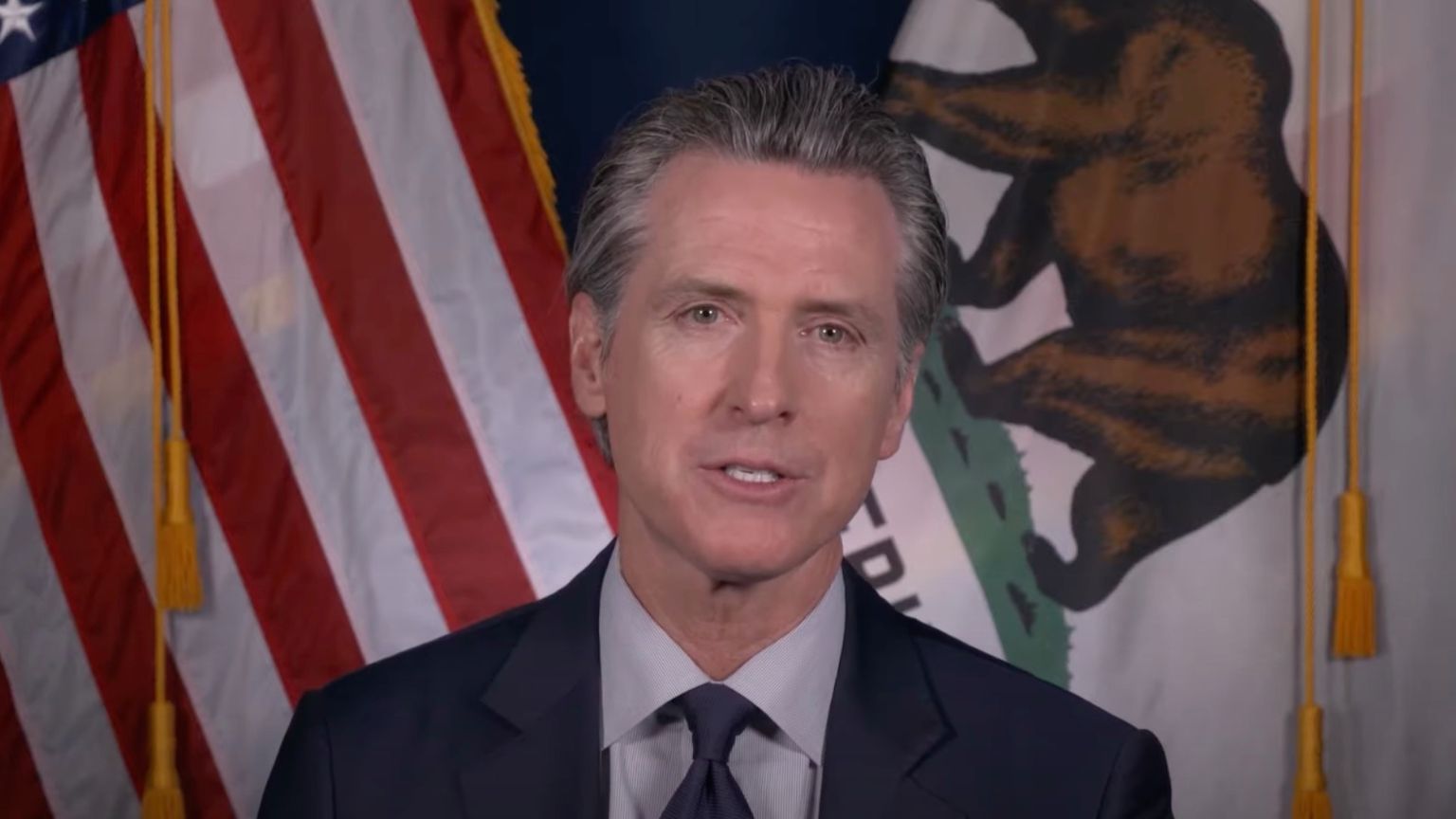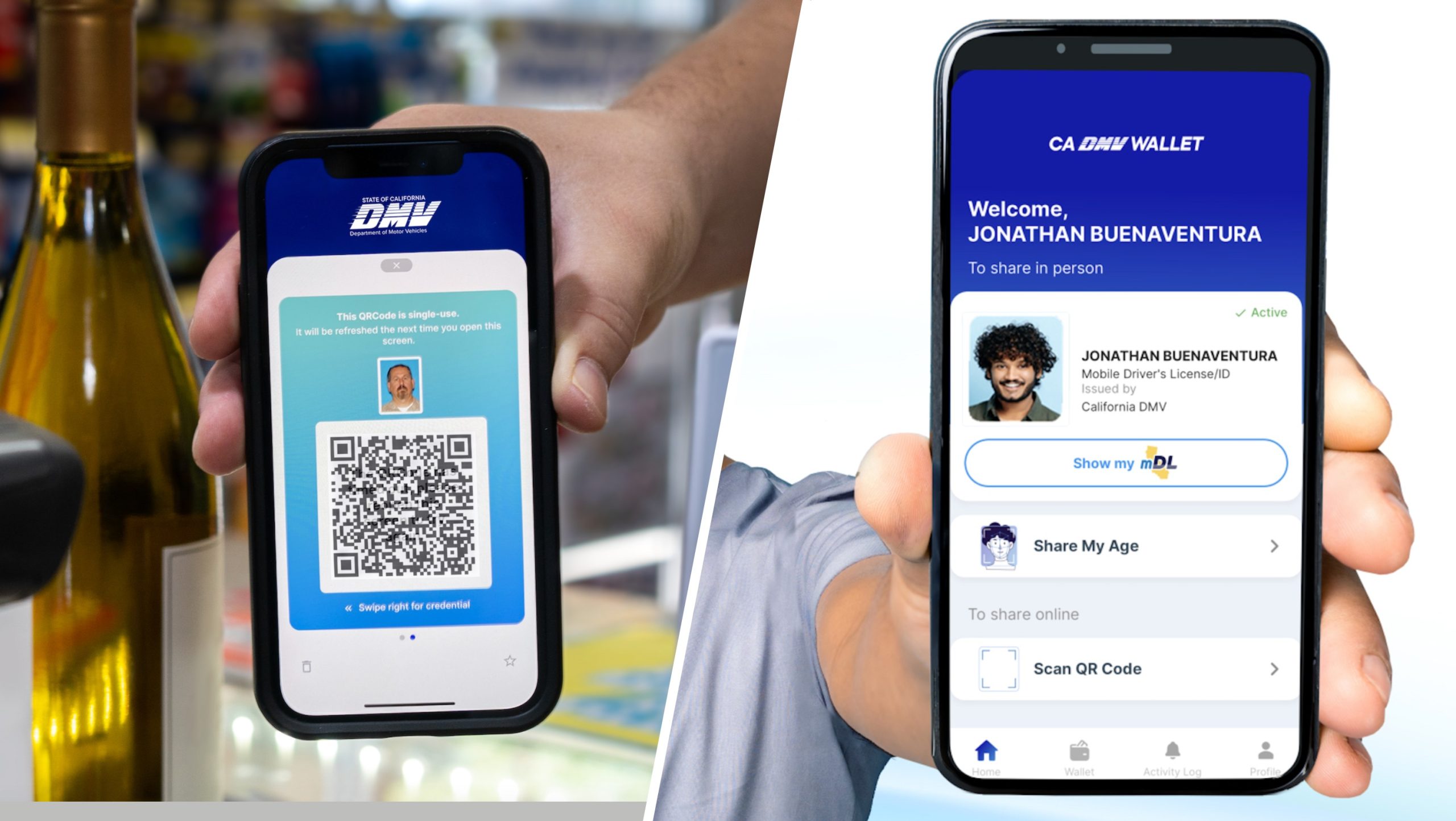by Christina Maas, Reclaim The Net:
 Major privacy and civil liberties questions are still unanswered.
Major privacy and civil liberties questions are still unanswered.
The DMV – the Department of Motor Vehicles – in the US state of California is now testing introducing “mobile” driving licenses (MDL) for its residents.
The pilot is at this time extended to about 2,000 drivers, and their job is to “actively use it and provide feedback.”
What’s happening here is that the California DMV has launched a mobile app, currently in a testing phase, and the main features are the drivers’ having the ability to upload not only their license to it, but also their ID.
TRUTH LIVES on at https://sgtreport.tv/
It looks like a short and forceful “blitzkrieg” here, because the local DMV is telling media in California that more drivers will be included soon – they’re talking weeks – and then comes “a broader public rollout.”

The “mobile” license is marketed as living in a driver’s DMV Wallet smartphone app. And, of course – there couldn’t possibly be any downside to all this.
A PR person for DMV has said so, after all – “(it’s) as an easy, secure, and convenient companion identification to your physical card.”
The push to move people from physical means of identifying themselves, that are in reality not perfectly secure. But still, much more secure than having their personal data pooled in a centralized database, such as “the war on cash,” (general) digital IDs, and now this – is fairly obvious.
These things are happening in concert and clearly with broad policy decisions behind them.
Enter stage right – the TSA (US Transportation Security Administration). To the surprise of absolutely no observer, even the casual ones, this agency is involved in this, and is working closely on advancing the scheme with DMV’s around the US.
At this time, Arizona, Colorado, Louisiana, Mississippi, Georgia, Hawaii, Ohio, Utah, and Maryland are the states that have the digital (“mobile”) driver’s license implemented.
The TSA’s sole goal is to make you happier while traveling – everybody knows this /s.
And so, the agency said it was integrating “new technologies for a faster, easier travel experience (…) collaborated on several innovative digital identity initiatives, which work in place of a physical ID or boarding pass.”



